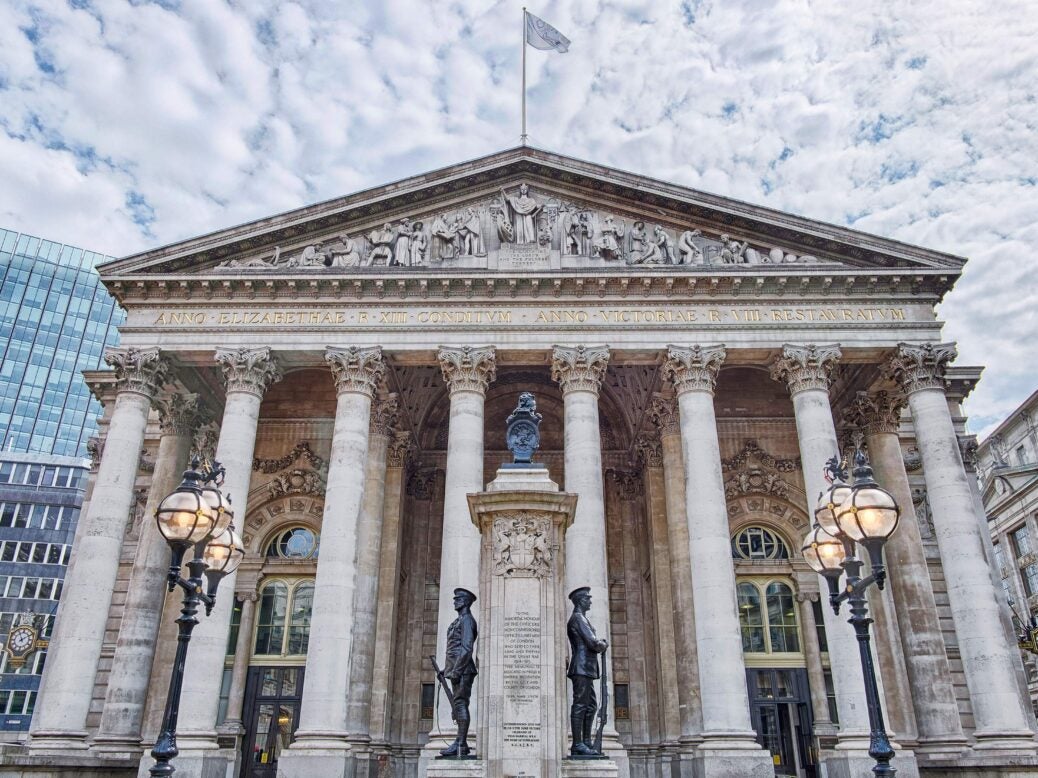
HNWs need to re-think their investments to keep their heads above a rising tide of inflation. Matthew Hardeman reports
The era of inflation is here: in the US, it has risen to an annual rate of 2.1 per cent while in the UK last month it reached a two-and-a-half year high of 1.8 per cent, according to the Office for National Statistics (ONS), driven up by mounting oil and food prices, and worsened by Sterling’s recent slide.
And it’s getting worse: PwC says that inflation is likely to be around 3 per cent and possibly even higher by the end of this year.
Against this background, typical safe havens such as government bonds may not cut it. Pictet expects government bonds to produce just a quarter of the returns that they averaged since the beginning of the bull market in bonds in 1981. That doesn’t sound too appealing.
The consensus, therefore, is that it’s a good time to hold assets with some claim against inflation (or ‘reflation’, as Pictet is calling it). This is particularly important for HNWs, who have broader exposure to its effects, says Coutts CIO Alan Higgins. School fees, for instance, typically increase far in excess of the recorded inflation rate, along with other activities and assets the wealthy want to own. ‘There’s a double-whammy, not just in CPI edging up, but also inflation actually experienced by UHNW or HNW clients,’ Higgins tells Spear’s.
As a result he suggests HNWs brave the storm by investing in commodities such as gold and assets outside of a weakened sterling, and select equities. Alternative assets (AKA ‘passion investments’) are on the hit list, too – albeit at the price of relatively low liquidity (he touts Coutts’ own award-winning ‘inflation-plus’ mandate, tailored to beat inflation at the disproportionate rate at which it affects HNWs).
Among the so-called ‘passion-investments’, performance varies, too: antique furniture has failed to deliver, but classic cars have achieved inflation-busting returns, so be careful you don’t invest top-of-cycle. ‘The number one lesson is that you cannot leave your money in cash,’ adds Higgins, who points out that weary clients who stay in cash are ‘earning zero’.
On the equity front, expect the smart money to be weighted towards firms with a quality bias, with rising dividend streams offering requisite returns ahead of inflation. While President Trump’s infrastructure initiatives become shadowed by White House scandal, there are UK equity options offering ‘inflation-plus’ returns, says the man at Coutts – albeit slightly less glamorous ones, such as companies servicing the London sewers. (In the US, gas and oil pipelines are the ones to watch – is subterranean sludge 2017’s hottest new commodity?)
Property, another favourite hedge against inflation, remains a firm favourite with HNWs, of course, but will feel the heat from other asset classes. ‘It’s the first time in my career that stocks, shares and bonds are being taxed more favourably than property – it’s quite incredible,’ says Higgins. Mind you, over-supply of new build properties in the prime residential sector is also pushing prices down.
That’s not to say there’s a shortage of investment opportunities: residential property with decent yields remains a worthy destination for your hard-earned cash. In Kensington, high market entry will offer paltry returns next to West Kensington, yielding a much more attractive 3-4 per cent – but it’s more heavily taxed than it used to be.
Whichever course HNWs chart to counter the evils of inflation, they’d be wise to account for the inevitable transatlantic rise of inflation: Federal Reserve Chair Janet Yellen has cautioned that it would be ‘unwise’ to delay an increase in interest rates if the US economy continues to perform as it is – incurring more inflation for HNWs who are in sterling as the greenback rises further still.
There’s one thing for certain, as Cerno Capital’s CIO James Spence explains in a colourful take on the road ahead in his latest investment letter: ‘Trumponomics is an orange-faced, blond-topped dash for growth. If it succeeds, we get growth plus inflation. If it fails, we get just the inflation.’ So, best to start planning – and remember that doing nothing is going backwards.
Matthew Hardeman is Senior Researcher at Spear’s
Twitter: @matthewhardeman






